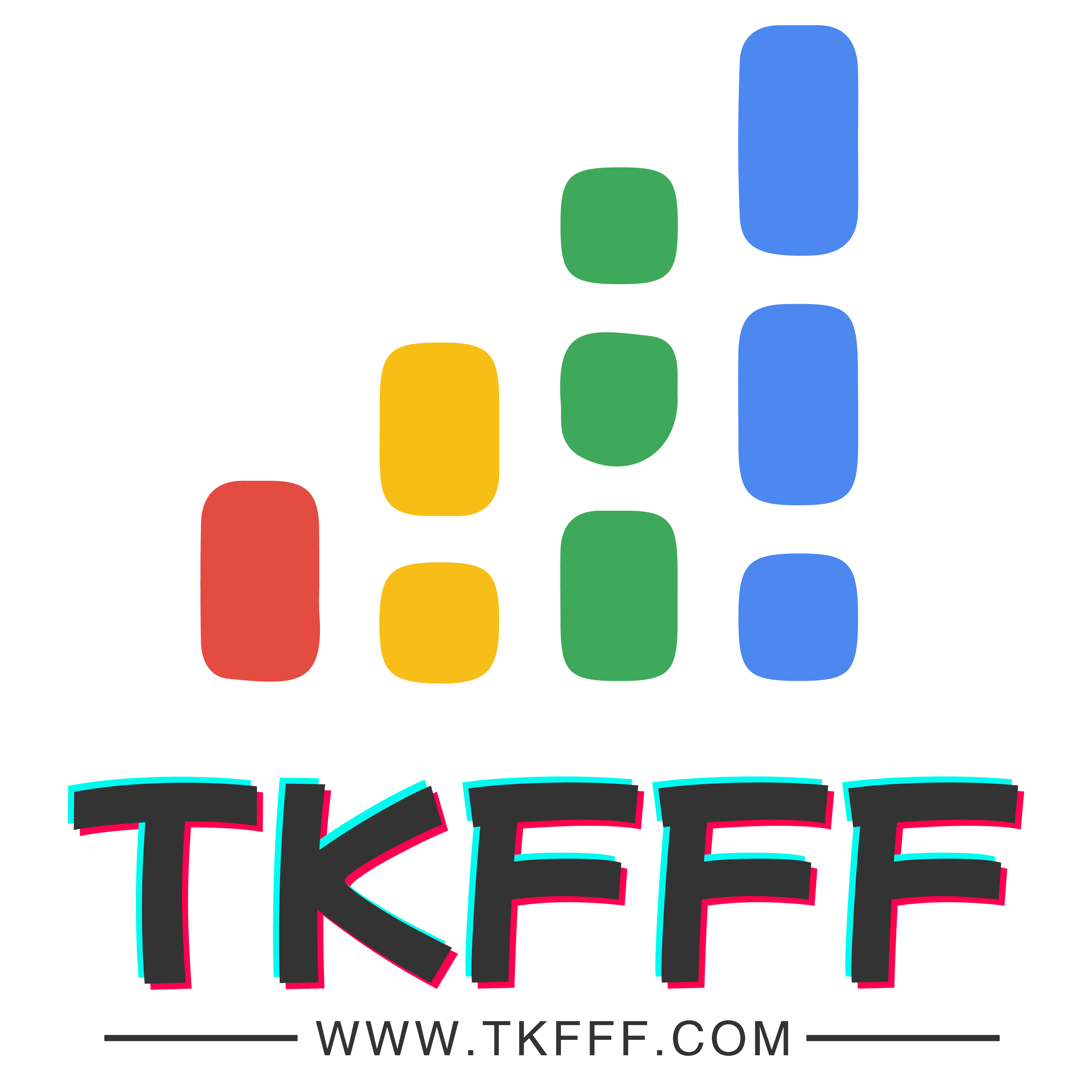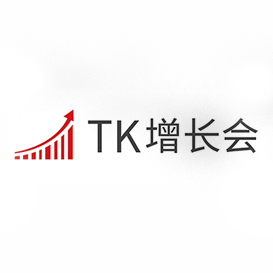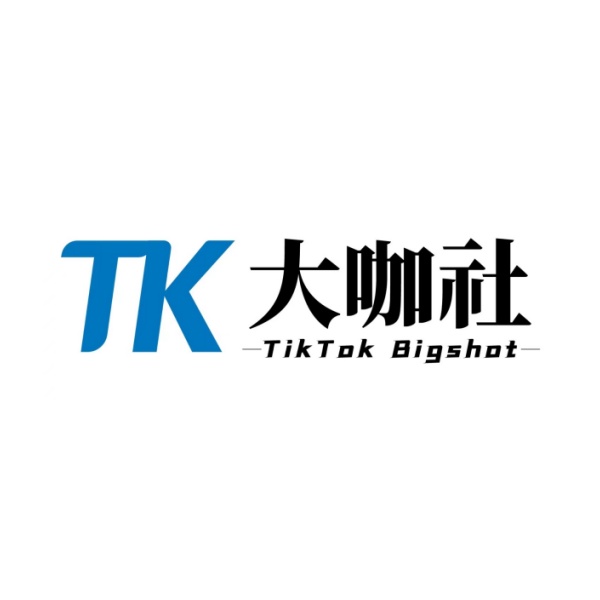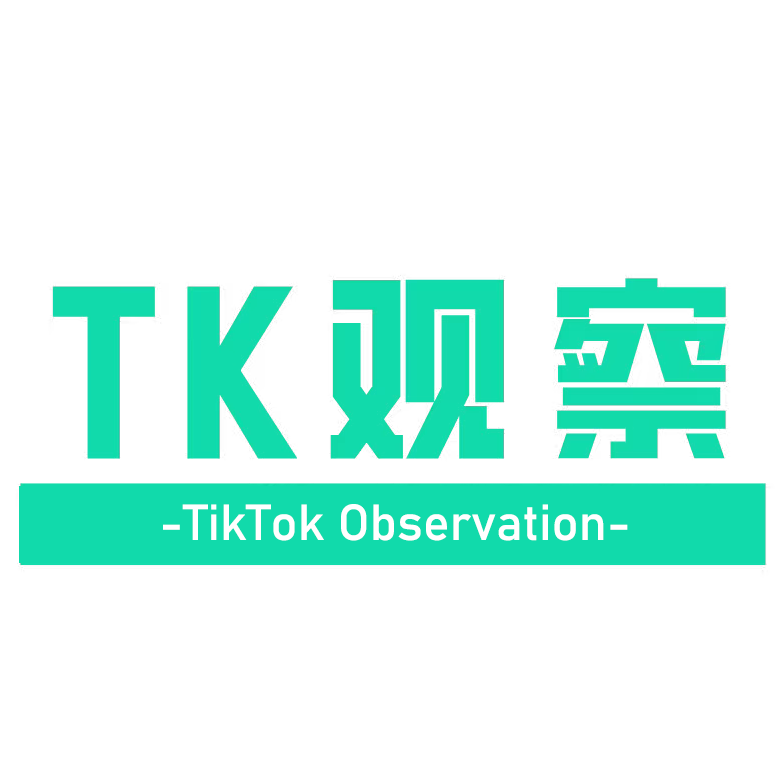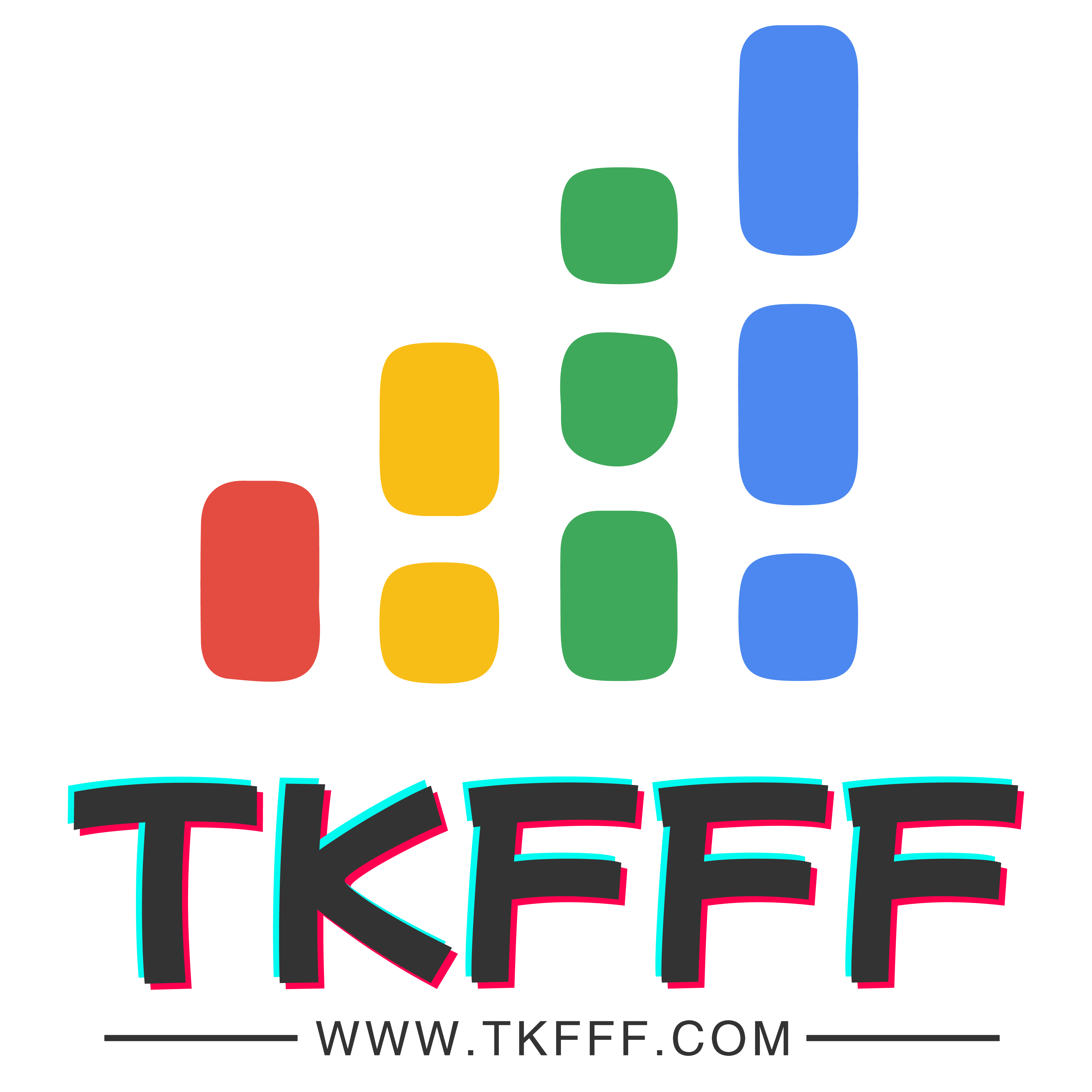

As TikTok fans in the United States worry about losing access to the wildly-popular social media app, there are lessons they can learn from a country on the other side of the world.
On Wednesday, the US House of Representatives passed a bill that could lead to a nationwide TikTok ban. While the Chinese-owned app is not disappearing from Americans’ phones anytime soon, many of its 170 million users in the country are deeply rattled.
But here is what they need to know: It is possible to survive and thrive in a TikTok-less world. Just ask the planet’s most populous nation.
In June 2020, after a violent clash on the India-China border that left at least 20 Indian soldiers dead, the government in New Delhi suddenly banned TikTok and several other well-known Chinese apps.
“It’s important to remember that when India banned TikTok and multiple Chinese apps, the US was the first to praise the decision,” said Nikhil Pahwa, the Delhi-based founder of tech website MediaNama. “[Former] US Secretary of State Mike Pompeo had welcomed the ban, saying it ‘will boost India’s sovereignty.’”
While India’s abrupt decision shocked the country’s 200 million TikTok users, in the four years since, many have found other suitable alternatives.
“The ban on Tiktok led to the creation of a multibillion dollar opportunity … A 200 million user base needed somewhere to go,” said Pahwa, adding that it was ultimately American tech companies that seized the moment with their new offerings.
Life without TikTok
The ban was not without pain. Indian TikTokkers had to grapple with confusion and even anguish in the days and months that followed.
By 2020, TikTok had become hugely popular among Indians looking for relief from the pressures of strict Covid-related lockdowns.
“Everyone in India wants to be a Bollywood star, and TikTok made that dream possible by making people, including those in small towns, overnight stars,” said Saptarshi Ray, head of product at Viralo, a Bengaluru-based influencer marketing platform.
But it didn’t take long before other avenues for their creativity and commercial ventures sprang up.
A ferocious fight ensued between US tech giants and domestic startups to fill the gap. Within a week of the ban, Meta-owned Instagram cashed in by launching its TikTok copycat, Instagram Reels, in India. Google introduced its own short video offering, YouTube Shorts.
Homegrown alternatives such as MX Taka Tak and Moj also began seeing a rise in popularity and an infux in funding.
Those local startups soon fizzled out, however, unable to match the reach and financial firepower of the American firms, which are flourishing.
Citing independent findings from consulting firm Oxford Economics, a Google spokesperson said that “the YouTube creative ecosystem” contributed roughly $2 billion to the Indian economy in 2022.
According to Ray, Indian content creators swiftly moved all the old content they had shot for TikTok to Instagram Reels and YouTube Shorts. “Some Influencers were uploading seven Reels a day and gaining four to five million subscribers a year,” he said.
But not everyone was able to build a significant following on these platforms.
“Many users and creators slipped into a deep, dark space after the ban, and some have still not emerged from that space,” said Clyde Fernandes, executive director— artist management at Opraahfx, an influencer marketing and management firm.
“The way one was gaining reach and followers on TikTok is [still] incomparable to any other platform out there at the moment,” he added.
What about safety?
US officials and lawmakers have long voiced concerns that the Chinese government could compel TikTok’s parent ByteDance to hand over data collected from American users.
Cybersecurity experts say that the national security concerns surrounding TikTok remain largely hypothetical. Indian experts, however, say its purge from national digital life hasn’t resulted in a safer space.
“I am not so sure removal of TikTok makes a dent in the cybersecurity threat landscape. Unless there is a step change in user awareness about the software on their phones, or what they download from the open internet, this is unlikely to change,” said Vivan Sharan, partner at Delhi-based tech policy consulting firm Koan Advisory Group.
US lawmakers also fear that the app could serve as a tool for Beijing to spread propaganda, misinformation or influence Americans. The removal of TikTok hasn’t insulated Indians from those threats.
“In terms of content and disinformation environment, it is plain to see we still have to grapple with serious issues like deepfakes, etc, with or without TikTok,” Sharan said. “So overall, it is hard to see which part of the risk-landscape changes significantly, assuming TikTok was certifiably problematic.”
[ad]
文章来源:CNN
TKFFF公众号
扫码关注领【TK运营地图】

TKFFF合作,请扫码联系!




